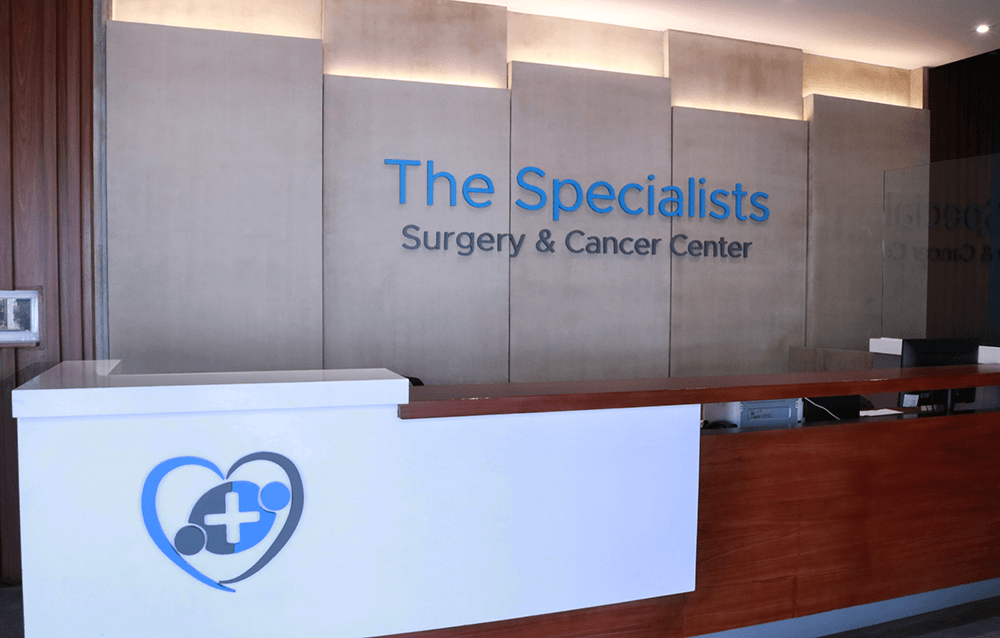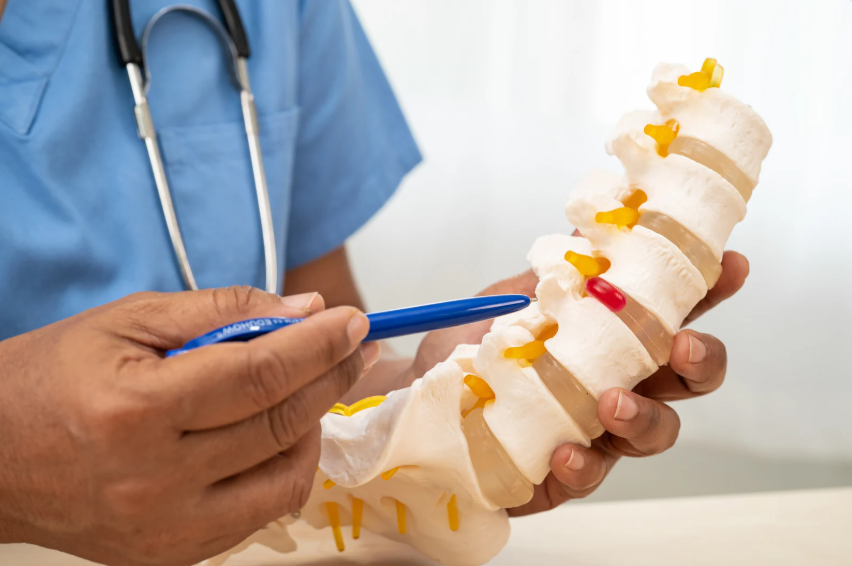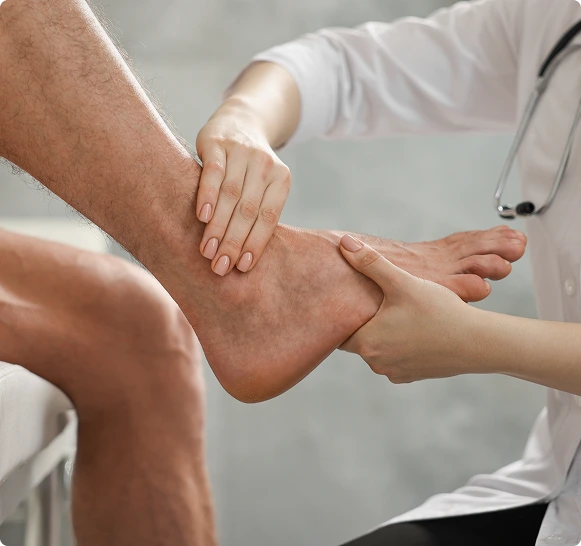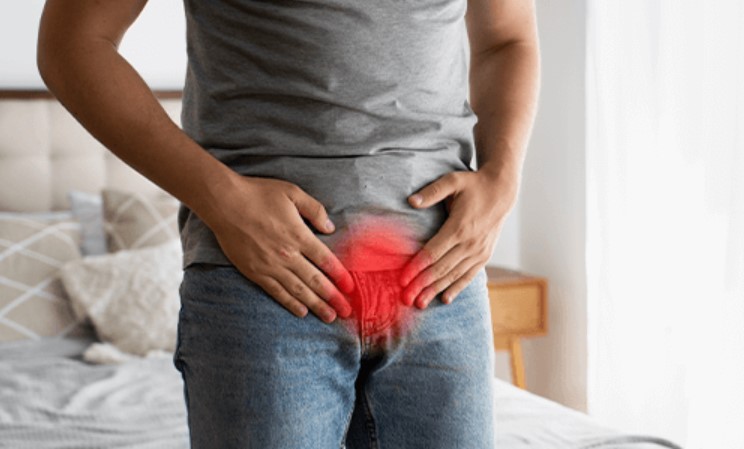Headaches are a common complaint affecting millions globally, often disrupting daily routines and reducing quality of life. Understanding the types, causes, and available headache treatment options empowers individuals to manage pain effectively and reduce the frequency and severity of episodes. Whether you experience occasional tension headaches or chronic migraines, a range of strategies can provide relief.
Types of Headaches
Different headache types require different approaches to treatment. Identifying the kind of headache is essential to finding the most effective relief.
Tension Headaches
These are the most common headaches, characterized by a dull, aching pain often described as a tight band around the head. They usually result from muscle tension or stress.
Migraines
Migraines cause intense, throbbing pain, often on one side of the head, and may be accompanied by nausea, vomiting, and sensitivity to light or sound. Migraines can last from hours to days.
Cluster Headaches
These are severe headaches occurring in cyclical patterns or clusters. The pain is typically around one eye and can be excruciating, often accompanied by eye redness or tearing.
Sinus Headaches
Caused by sinus infections or inflammation, these headaches produce pain in the forehead, cheeks, or around the eyes.
Other Less Common Types
There are additional types such as rebound headaches from medication overuse or headaches related to other medical conditions.
Common Causes and Triggers of Headaches
Recognizing triggers and causes can help reduce headache frequency.
Stress and Anxiety
Emotional stress can tighten neck and scalp muscles, leading to tension headaches.
Poor Posture and Muscle Strain
Sitting improperly or spending long hours at a desk can strain neck and shoulder muscles, causing headaches.
Dehydration and Diet
Lack of water intake or certain foods like caffeine, alcohol, and processed meats can provoke headaches.
Hormonal Changes
Fluctuations in hormones, especially in women, can trigger migraines.
Environmental Factors
Bright lights, loud noises, and weather changes may contribute to headache onset.
Sleep Disturbances
Insufficient or irregular sleep patterns often cause headaches.
When to Seek Medical Help for Headaches
While many headaches are manageable with home care, certain signs indicate the need for professional evaluation:
- Sudden, severe headache unlike any before
- Headaches accompanied by neurological symptoms such as weakness, vision changes, or difficulty speaking
- Headaches following a head injury
- Frequent headaches disrupting daily life
- Headaches worsening over time
Timely diagnosis ensures serious conditions such as infections, tumors, or vascular issues are ruled out.
Conventional Headache Treatment Options
Medical treatment is often necessary, especially for frequent or severe headaches.
Over-the-Counter Pain Relievers
Medications like acetaminophen, ibuprofen, and aspirin provide relief for mild to moderate headaches.
Prescription Medications
For migraines or cluster headaches, doctors may prescribe triptans, ergots, or stronger painkillers.
Preventive Medications
Individuals with chronic headaches might benefit from preventive drugs, including beta-blockers, antidepressants, or anticonvulsants, which reduce headache frequency and intensity.
Non-Medical and Alternative Treatments
Lifestyle changes and alternative therapies can complement or even replace medication in many cases.
Lifestyle Modifications
Improving hydration, maintaining regular sleep schedules, and avoiding trigger foods can significantly decrease headache occurrence.
Stress Management Techniques
Practices such as meditation, yoga, and deep breathing help relax muscles and reduce tension that leads to headaches.
Physical Therapy and Posture Correction
Targeted exercises and ergonomic adjustments improve posture and relieve muscle strain.
Acupuncture and Massage Therapy
These therapies may relieve tension and improve circulation, reducing headache frequency and severity for some individuals.
Tips for Preventing Headaches
Prevention focuses on lifestyle adjustments and awareness.
Identifying and Avoiding Triggers
Keeping a headache diary helps track patterns and identify personal triggers.
Maintaining a Healthy Lifestyle
Balanced nutrition, regular physical activity, and adequate hydration are key.
Regular Exercise and Relaxation Practices
Exercise reduces stress and improves overall well-being. Relaxation techniques further support tension relief.
Proper Hydration and Nutrition
Drinking enough water and avoiding processed or trigger foods helps maintain balance and prevent headaches.
Takeaway
Effective headache treatment requires a clear understanding of the type and causes of headaches, paired with appropriate interventions. For many, over-the-counter medications combined with lifestyle modifications offer substantial relief. Chronic or severe headaches may necessitate prescription medications and preventive strategies under medical supervision. Integrating alternative therapies and stress management techniques often enhances outcomes. Listening to your body, identifying triggers, and adopting preventive measures can significantly reduce headache frequency and impact. Persistent or unusual headaches warrant professional evaluation to ensure appropriate care and avoid complications. Combining medical and lifestyle approaches offers the best chance for long-term relief and improved quality of life.











